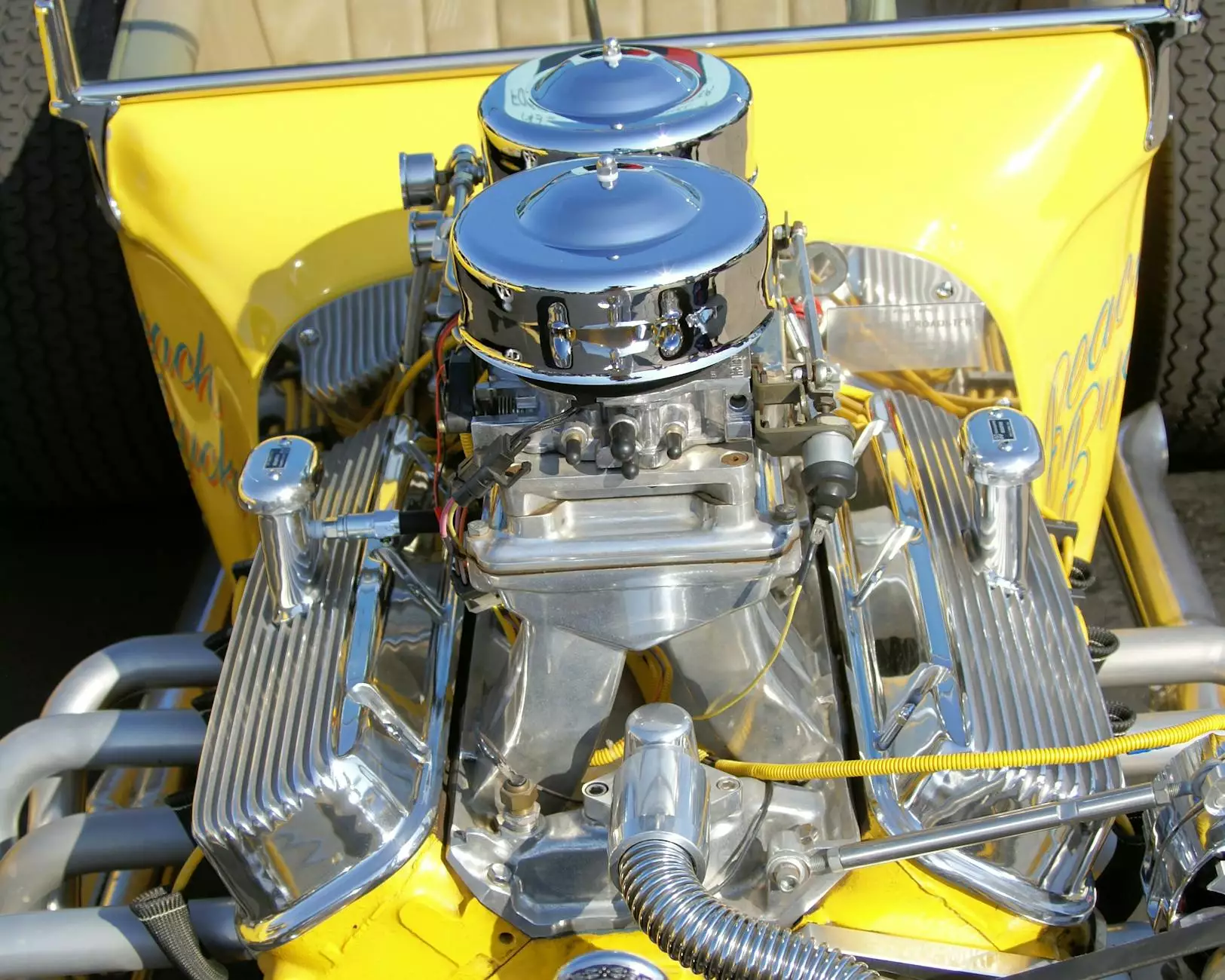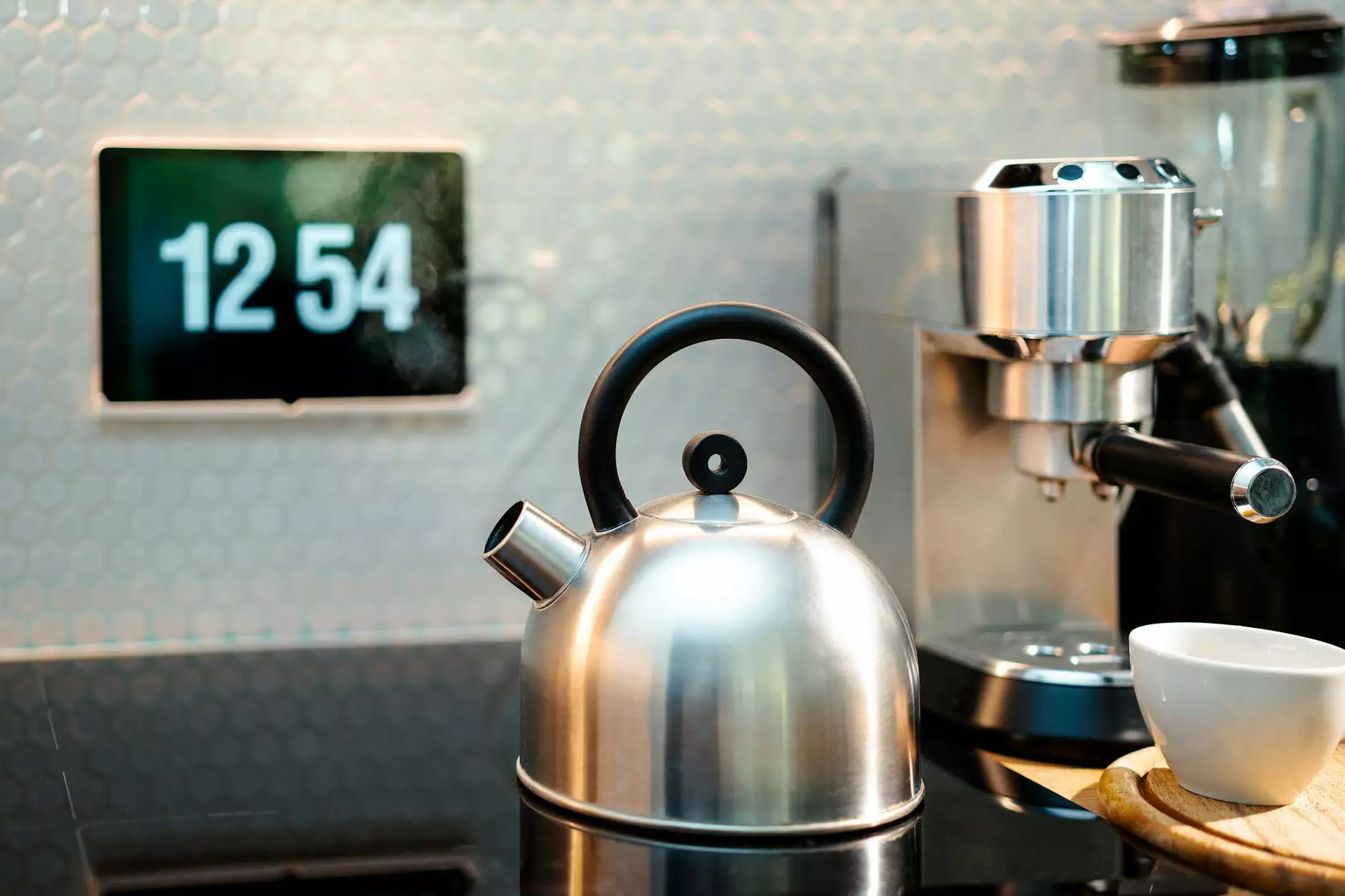Understanding Hydraulic Ball Valves: A Comprehensive Guide

Hydraulic ball valves are essential components in various industrial applications, providing controlled flow and fluid regulation in hydraulic systems. These valves are favored for their efficiency, compact design, and reliability. This article delves deep into the world of hydraulic ball valves, exploring their working mechanisms, types, applications, and best practices for maintenance and selection.
What is a Hydraulic Ball Valve?
A hydraulic ball valve is a type of valve that uses a spherical disc—known as a ball—to control the flow of fluid. The ball has a hole through the center, which allows fluid to pass when the valve is open, and blocks the flow when closed. This simple yet effective design allows for quick on/off control and minimizes flow resistance.
Key Components of Hydraulic Ball Valves
The main components of a hydraulic ball valve include:
- Body: The main structure of the valve that houses all components.
- Ball: The spherical disc that controls flow; it can be made of various materials.
- Seat: The rings that provide sealing around the ball to prevent leaks.
- Stem: Connects the ball to the handle or actuator, allowing the user to control the valve.
- Handle/Actuator: The mechanism used to operate the valve, either manually or automatically.
How Do Hydraulic Ball Valves Work?
The operation of a hydraulic ball valve is fairly straightforward:
- Opening the Valve: When the handle or actuator is turned, the stem rotates the ball, aligning the hole in the ball with the flow path. This allows the fluid to flow freely.
- Closing the Valve: When the handle is turned back, the ball rotates 90 degrees, blocking the flow of fluid as the solid part of the ball seals against the seats.
- Sealing: The seats are designed to create a tight seal when the valve is closed, preventing any leakage, even under high pressure.
Advantages of Using Hydraulic Ball Valves
Hydraulic ball valves offer numerous benefits that make them a preferred choice for many applications:
- Quick Operation: The 90-degree turn allows for rapid open and close functions.
- Low Resistance: The spherical shape of the ball creates minimal resistance to flow, making them highly efficient.
- Durability: Made from robust materials, hydraulic ball valves can withstand high pressure and temperature fluctuations.
- Versatility: Suitable for various applications including water, gas, and other fluids.
- Leak-Free Performance: The tight sealing capabilities reduce the chances of leakage dramatically.
Types of Hydraulic Ball Valves
Hydraulic ball valves come in various designs to meet specific application requirements. The main types include:
1. Floating Ball Valve
The floating ball valve has a ball that is not fixed in place. Instead, the ball floats and is held in place by the fluid pressure. This type is ideal for low-pressure applications.
2. Trunnion Ball Valve
In a trunnion ball valve, the ball is fixed in place by trunnions (pivot points). This design is suitable for high-pressure applications and larger diameters.
3. Full-Bore Ball Valve
A full-bore ball valve features a ball with a diameter equal to the pipe size, allowing for maximum flow and easy cleaning. It's commonly used in applications that require full flow capacity.
4. Reduced-Bore Ball Valve
The reduced-bore valve has a smaller ball diameter compared to the pipe size. This type is compact and often used when space is limited.
Applications of Hydraulic Ball Valves
Hydraulic ball valves are versatile and can be used across various industries, including:
- Oil and Gas: For controlling the flow of hydrocarbons in pipelines.
- Water Treatment: Managing the flow of treated and untreated water.
- Pneumatic Systems: Regulating compressed air flows in industrial applications.
- Chemical Processing: Controlling aggressive media and maintaining safety standards.
- HVAC Systems: Regulating water flow in heating and cooling systems.
How to Select the Right Hydraulic Ball Valve
Choosing the right hydraulic ball valve involves considering several factors:
- Fluid Type: Ensure that the material of the valve is compatible with the fluid being handled.
- Pressure Rating: Select a valve that can handle the system's maximum pressure.
- Temperature Range: Ensure the valve can withstand the operating temperature of your system.
- Connection Type: Choose the appropriate connection type (threaded, flanged, etc.) based on your system design.
- Size: Ensure that the valve size matches the pipe size for optimal performance.
Maintenance Tips for Hydraulic Ball Valves
Regular maintenance is crucial to ensure the longevity and proper functioning of hydraulic ball valves. Here are some tips:
- Visual Inspections: Regularly check for leaks around the connections and valve body.
- Exercise the Valve: Open and close the valve periodically to prevent it from seizing.
- Lubrication: Apply lubricant to the stem to ensure smooth operation.
- Check for Corrosion: Inspect the valve for any signs of corrosion, especially in harsh environments.
- Replace Worn Parts: Replace seats and seals at the first sign of wear to prevent leaks.
Common Issues and Troubleshooting
While hydraulic ball valves are reliable, issues can arise. Below are common problems and how to troubleshoot them:
- Leakage: Check the seals and seats for damage. Replace any worn parts as needed.
- Stiff Operation: Ensure that the valve is properly lubricated and that there is no debris obstructing the movement.
- Corrosion: Inspect the valve regularly, especially in corrosive environments, and consider using protective coatings.
Conclusion
In summary, the hydraulic ball valve is a vital component in various fluid control systems. Its efficiency, dependability, and versatility make it an essential tool across multiple industries. By understanding its operation, advantages, applications, and maintenance requirements, you can ensure optimal performance in your hydraulic systems. For high-quality hydraulic ball valves and a wide range of fittings for sale, visit Fitsch.cn today and enhance your projects with our reliable products.









